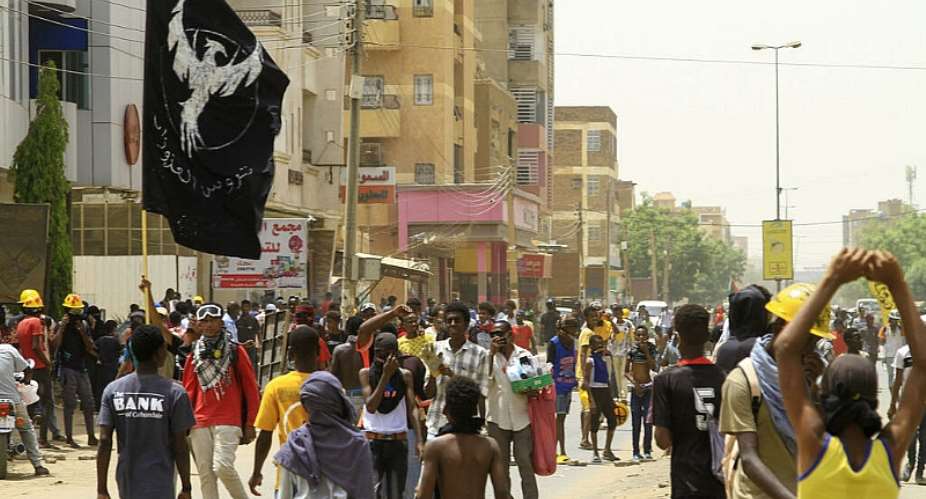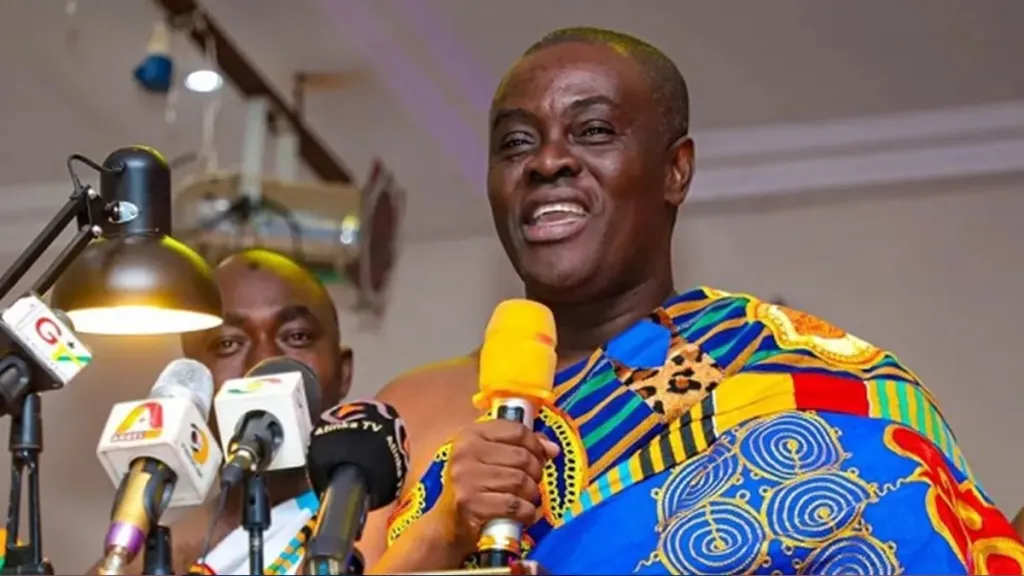Three years after Sudanese security forces attacked a pro-democracy sit-in outside the army's headquarters in Khartoum, killing 130 people, Sudanese protesters are still searching for answers. A promised transition to democracy has still not materialised.
“Real change means concrete reform and credible efforts to hold those responsible for serious crimes to account,” says Mohamed Osman, a researcher for Human Rights Watch.
Civil society groups say a number of people were forcibly disappeared during the brutal military crackdown on 3 June 2019, their whereabouts still unknown.
Both REDRESS, a London-based group that campaigns against torture and forced disappearances, and Sudanese Archive, a site that documents rights abuses in Sudan, have written a letter to the UN Working Group on Enforced or Involuntary Disappearances (WGEID) in a bid to get more information.
A statement by REDRESS said the groups “submitted a joint letter on behalf of these victims of enforced disappearances and their families ... providing additional information about the human rights violations committed in the context of the government crackdown and the prevailing impunity”.
Less than a week before the third anniversary of the massacre, the military government announced it was lifting a state of emergency, which civil rights bodies said was being used to orchestrate arbitrary detentions and quash protests.
Some 100 people connected to the protests were released on 29 May, the day the state of emergency was lifted.
Protests
Protesters who went onto the streets of Khartoum on Thursday and were attacked by security services, according to the Sudan Doctors Committee.
They reported on social media that some 13 people were hit by gunfire, including one person who was shot in the head.
Three others were hit on the head with gas cylinders after tear gas was launched by security forces.
According to the Sudan Tribune, the government said it would be closing all bridges except Al-Halfaya and Soba bridges in Khartoum in anticipation of demonstrations planned for Friday.
Regional Diplomacy
The regional bloc Intergovernmental Authority on Development (IGAD) held a meeting with the Sudanese military government, along with UN and African Union representatives on 1 June to speak about the transition to a civilian government.
Sudan's Vice President of the Sovereignty Council, Lt General Mohamed Hamdan "Hemeti", Lt General Shamseldin El Kabashi and Lt General Ibrahim Jaber were present.
In a statement released by the UN, “intra-Sudanese direct talks” are slated to start next week, with a view to reinstating constitutional rule and a democratic transition.
Read also:





 Select your running mate from Bono region or lose our support – Dormaahene tells...
Select your running mate from Bono region or lose our support – Dormaahene tells...
 Bawumia’s 100% mineral ownership promise mere political rhetoric – Alan Kyeremat...
Bawumia’s 100% mineral ownership promise mere political rhetoric – Alan Kyeremat...
 Supreme Court adjourn celebrity alcohol endorsement case indefinitely
Supreme Court adjourn celebrity alcohol endorsement case indefinitely
 Choose a son of Bono as your running mate or lose our support — Dormaahene to B...
Choose a son of Bono as your running mate or lose our support — Dormaahene to B...
 Ignatius Baffour-Awuah is worthy to be your running mate; consider him – Dormaah...
Ignatius Baffour-Awuah is worthy to be your running mate; consider him – Dormaah...
 ‘We didn't betray NDC in 2020 elections’ — National Peace Council reacts to Asie...
‘We didn't betray NDC in 2020 elections’ — National Peace Council reacts to Asie...
 2024 election: A vote for Bawumia is a vote to continue Nana Addo’s legacy of ‘b...
2024 election: A vote for Bawumia is a vote to continue Nana Addo’s legacy of ‘b...
 Be careful during rainy days; don’t go near any sagging, fallen electrical condu...
Be careful during rainy days; don’t go near any sagging, fallen electrical condu...
 Don't go near sagging or fallen electrical conductors during rainstorms; it coul...
Don't go near sagging or fallen electrical conductors during rainstorms; it coul...
 Ghanaians are not honest people – Sam Okudzeto
Ghanaians are not honest people – Sam Okudzeto
